
What are the distinctions between organic and non-organic tequila?
What are the distinctions between organic and non-organic tequila?
Tequila, the quintessential Mexican spirit, has gained a global following, celebrated for its distinct flavor and versatility in cocktails. However, the journey of tequila from the agave fields to your glass involves a critical choice – the use of organic or non-organic methods in its production. Here, we’ll explore the key differences between organic and non-organic tequila, including the impact on taste, environmental sustainability, and health considerations.
The Agave Advantage: The Heart of Tequila
The heart and soul of tequila production lies in the agave plant. This succulent, spiky plant, known as the “blue agave” for tequila production, is native to Mexico and has been cultivated for centuries. Agave serves as the primary ingredient for tequila, and the way it’s grown and harvested can significantly influence the final product.
Organic Tequila: A Commitment to Purity
Organic tequila is made from agave plants that are grown without the use of synthetic pesticides, herbicides, or chemical fertilizers. Instead, organic agave farming relies on natural and sustainable methods, such as crop rotation and the introduction of beneficial insects to control pests. This commitment to organic farming practices not only minimizes the ecological footprint but also has a direct impact on the tequila’s flavor and quality. One of the most significant advantages of organic tequila is its purity. By eliminating the use of synthetic chemicals in agave cultivation, the resulting agave plants are free from pesticide residues, ensuring a cleaner and more natural flavor profile. Organic tequila, like AgaveLuz, tends to have a purer expression of agave, allowing its unique characteristics to shine through.
Non-Organic Tequila: Conventional Methods
Non-organic, or conventional, tequila is produced using agave plants that are often cultivated with the help of synthetic pesticides, herbicides, and chemical fertilizers. While these methods may increase crop yields, they come with certain drawbacks. Chemical residues can find their way into the agave plants and, ultimately, into the tequila, potentially affecting its taste and purity. Non-organic tequila, while still retaining the essence of the blue agave, may have a slightly different flavor profile due to the presence of residual chemicals. Some argue that it lacks the same natural and authentic agave character as organic tequila.
Environmental Impact: A Greener Choice
The environmental impact of tequila production is a vital consideration in the organic vs. non-organic debate. Organic tequila farming takes a more sustainable approach to agriculture. By avoiding synthetic chemicals, it reduces soil and water pollution, benefits biodiversity, and conserves the local ecosystem. Organic farming methods also promote soil health and resilience, making the land better suited for future agave cultivation Conversely, conventional agave farming can have a more significant environmental footprint. The use of synthetic chemicals can lead to soil degradation, water pollution, and harm to local wildlife. The environmental impact of conventional tequila production can be substantial and is a concern for those seeking more sustainable and eco-friendly options.
Health and Wellness Considerations
Organic tequila not only benefits the environment but also addresses health and wellness concerns. The absence of synthetic pesticides and herbicides in organic agave cultivation ensures that these harmful substances do not make their way into the final product. For consumers, this means a reduced risk of ingesting trace amounts of potentially toxic chemicals, promoting overall health and well-being.
On the other hand, non-organic tequila may carry a minimal risk of pesticide residues. While government regulations typically limit the acceptable levels of these residues in alcoholic beverages, opting for organic tequila can provide peace of mind for those who are health-conscious and prefer a cleaner, more natural choice.

Organic tequila is often certified by organizations that ensure adherence to organic farming practices. Certifications like “USDA Organic” or “EU Organic” verify that the agave used in the production meets the rigorous standards for organic farming. These certifications provide transparency and assurance to consumers that they are enjoying a genuinely organic product. Non-organic tequila may not have such certifications. This lack of oversight can make it challenging for consumers to determine the origin and cultivation methods of the agave used. Therefore, choosing organic tequila often comes with the benefit of clear and verifiable standards.
When it comes to the most critical aspect – taste – both organic and non-organic tequilas have their unique characteristics. Organic tequila is celebrated for its purer agave expression and cleaner, crisper flavors. It offers a taste that is closer to the heart of the agave plant, often featuring notes of earthiness, herbal freshness, and the agave’s natural sweetness.
Non-organic tequila, while still offering the delightful agave essence, may carry subtle variations due to the potential influence of chemical residues. Some argue that it possesses a more rounded or slightly different flavor profile, but the distinction is often subtle and subjective.
In the end, the choice between organic and non-organic tequila comes down to personal preferences. Some individuals prefer the purity, environmental responsibility, and potential health benefits associated with organic tequila, while others may not find a significant difference in taste and opt for conventional options. Ultimately, both have their merits, and it’s a matter of individual values and priorities.
The choice between organic and non-organic tequila extends beyond taste; it reflects a broader commitment to sustainability, health, and environmental responsibility. Companies like AgaveLuz Organic Tequila offer a cleaner, more authentic agave flavor and is produced through eco-friendly farming practices. It’s a conscious choice that aligns with the principles of organic and sustainable living. Non-organic tequila, while still delicious, may have a more complex environmental footprint and carries the potential for trace amounts of chemical residues.
As the world becomes increasingly conscious of its environmental impact and health considerations, the organic tequila movement continues to gain momentum. It offers a chance to savor the pure essence of agave while supporting sustainable and responsible agricultural practices. Ultimately, the choice between organic and non-organic tequila is a matter of values and priorities, but it’s a decision that impacts not only your palate but the planet as well.



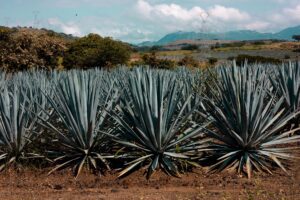
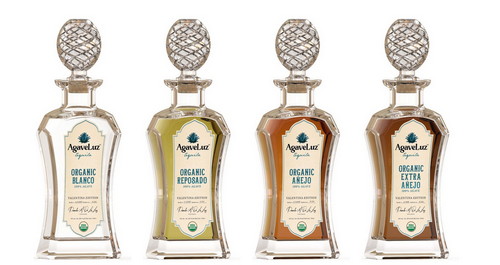


















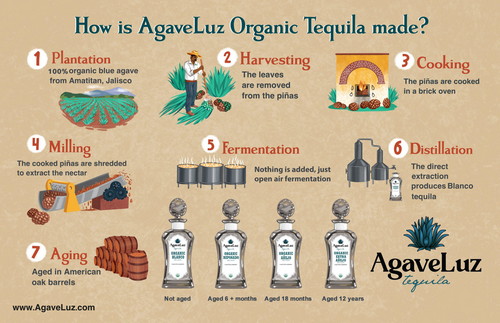


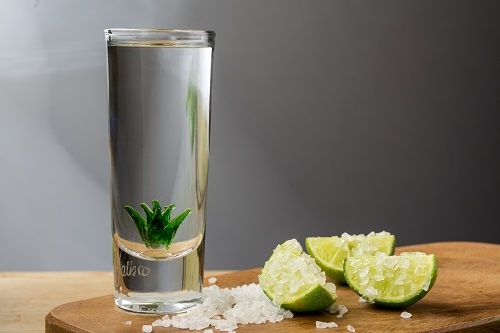





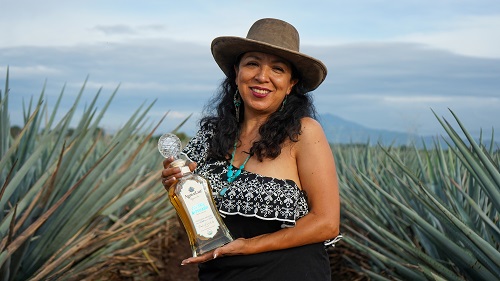
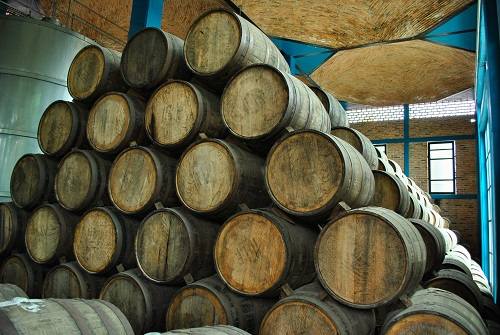





Post a Comment